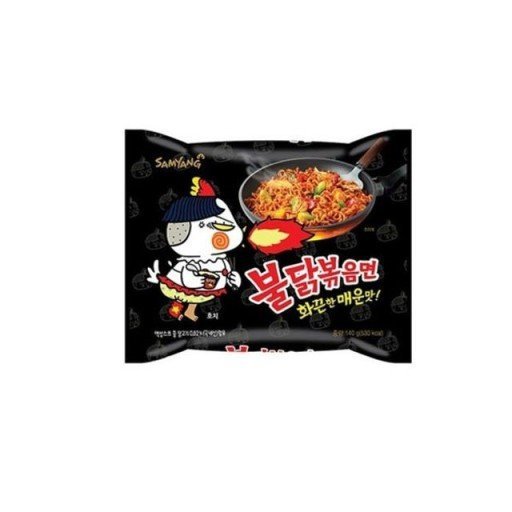Over 870,000 counterfeits of K brands caught for five years
Over 870,000 counterfeits of K brands caught for five years
Posted October. 03, 2024 07:20,
Updated October. 03, 2024 07:20

It has been found that a growing number of global businesses are copycatting South Korean food brands or applying for a trademark overseas without permission, with South Korean products enjoying global popularity amid the rise of K-culture.
The Korean Intellectual Property Office (KIPO) detected and blocked 873,754 counterfeits of South Korean branded products on major global e-commerce platforms over the last five years, according to the agency’s data provided to Rep. Kim Won-i of the Democratic Party of Korea on Wednesday. To be specific, the number of online knockoff goods captured in 2020 was 165,460 cases; 247,396 in 2021; 252,544 in 2022; 161,110 in 2023; and 47,244 as of this June.
For example, some overseas food companies make some tweaks to product packaging to make fake versions of South Korean food products available online and offline. A Chinese ramen product was caught copycatting Samyang Buldak Spicy Chicken Ramen.
By platform, Singaporean online shopping mall “Shopee” had the largest number of fake goods or 519,048 cases (59.4 percent), followed by Vietnamese e-commerce platform Lazada with 202,549 (23.2 percent); China’s Alibaba Group with 90,047 (10.3 percent); and Indonesia’s Tokopedia with 22,666 (2.59 percent).
Taking advantage of the global popularity of Korean culture, other multinational businesses take preemptive action to own trademarks of South Korean brands by dishonestly applying for a trademark and distributing knockoffs in their local markets. For the past five years, the KIPO caught 20,891 cases of sneakily taking possession of trademarks ahead of their original makers.
Rep. Kim demanded that sufficient financial support and human resources be provided to protect South Korean trademarks and boost their competitiveness.
김은지 기자 eunji@donga.com
Headline News
- National Assembly to investigate Corp. Chae's line-of-duty death
- Samsung donates 50 billion won to year-end community fund
- A trainee doctor becomes the target of collective harassment
- Putin approves Russia’s largest-ever defense budget
- Companies race to build key connections with the Trump administration







